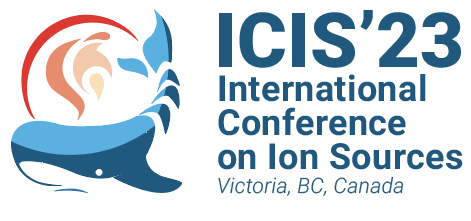Speaker
Description
The superconducting ECR ion source VENUS remains one of the world’s highest-performing ECRs for producing high-current, highly-charged ion beams. However, VENUS has up-to-twenty control parameters defining an operation space that is largely unexplored and inside which record beams are still produced via dedicated tuning time. This size of operation space has proven manageable for computer algorithms such as Bayesian Optimization. Therefore, we are endeavoring to apply this and related machine learning techniques to the problems of maximizing VENUS performance, improving stability control, and understanding the underlying physics dictating source performance. We have implemented algorithms that vary all control parameters and maximize beam currents for gas-fed plasma beams. We have added a cost function to find optimized solutions more efficiently and we are working to develop a neural network based on collected source data. We will report on our progress, present our results, and discuss both the challenges we have overcome and those that still remain.
| Funding Agency | United States Department of Energy |
|---|---|
| Email Address | dstodd@lbl.gov |
| I have read the Code of Conduct to attend ICIS2023. | Yes |

